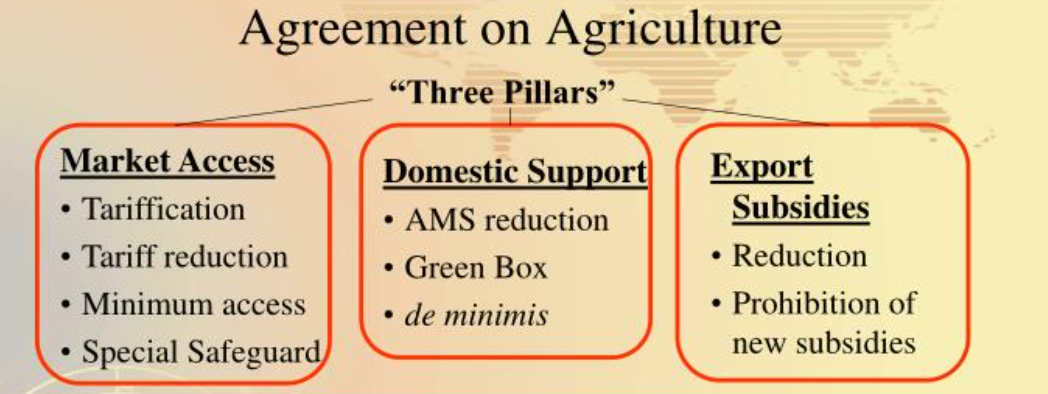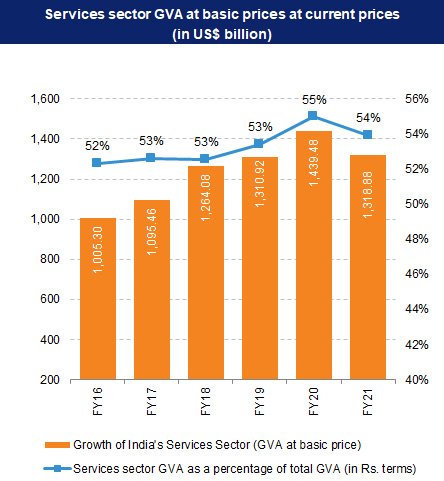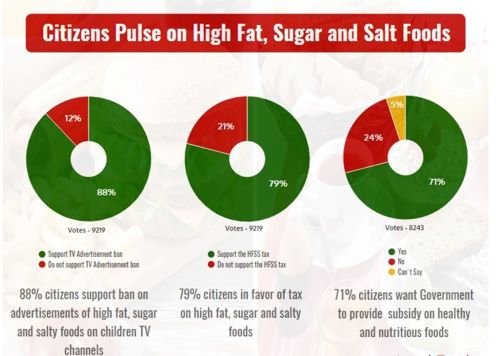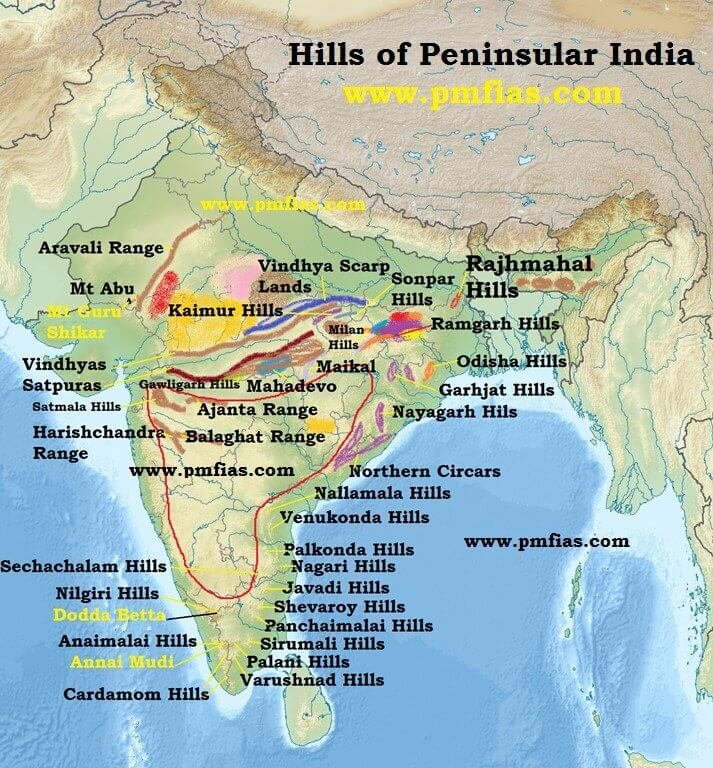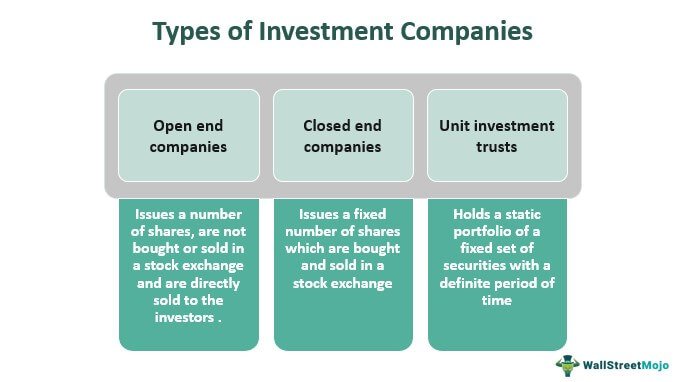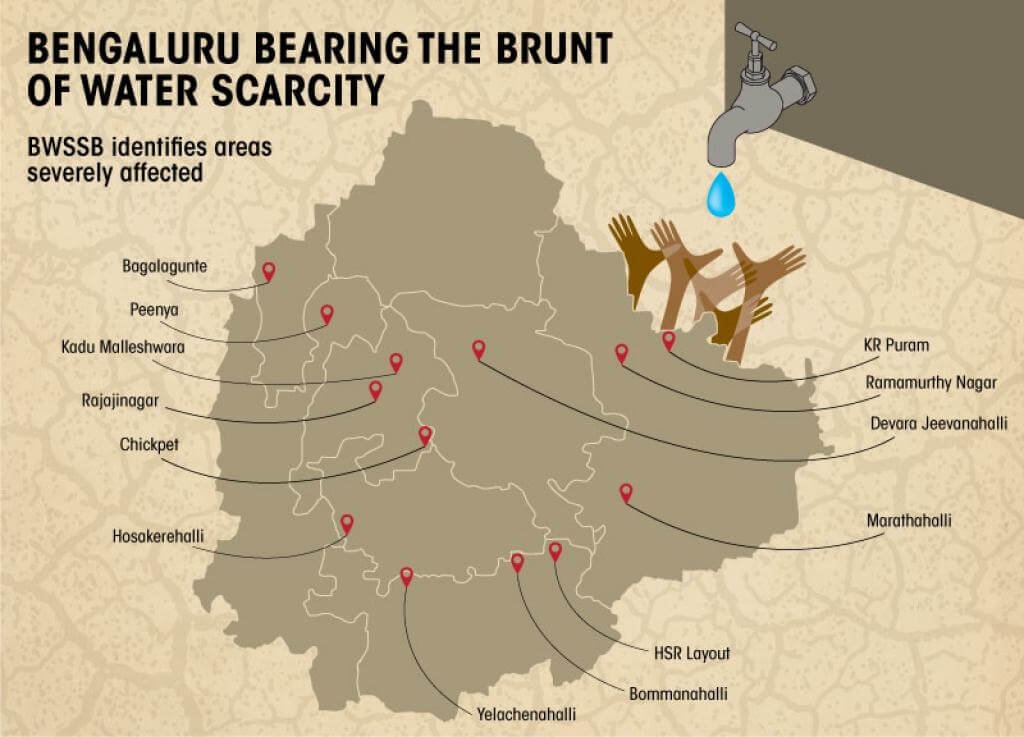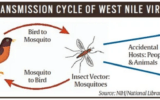
Genome India Project (GIP)
Subscribers of "Current Affairs" course can Download Daily Current Affairs in PDF/DOC
Subscribe to Never Miss an Important Update! Assured Discounts on New Products!
Must Join PMF IAS Telegram Channel & PMF IAS History Telegram Channel
- Context (TH | IE | PIB | TP): The Department of Biotechnology (DBT) officially completed the 10,000 genome project (Genome India project).
- Taking inspiration from the Human Genome Project, the Department of Biotechnology (DBT) initiated the ambitious Genome India Project (GIP) in 2020.
- It aims to collect 10,000 genetic samples from citizens across India, to build a reference genome.
- Gene Mapping project involves 20 leading institutions of the country with the Centre for Brain Research of Indian Institute of Science (IISc) Bangalore as the nodal point.
- India first sequenced a complete human genome in 2006.
- All the data are being stored at the Indian Biological Data Centre (IBDC) located at the Regional Centre for Biotechnology (RCB) in Faridabad.
- The IBDC is the country’s only databank. Prior to that, Indian researchers had to host their biological datasets on American or European servers.
- Countries like the UK, China, and the US also have projects to sequence a significant number of genomes.
Need for an India-specific database?
- India’s population of 1.4 billion comprises over 4,600 population groups, many of which are endogamous.
- This diversity has led to distinct genetic variations, with certain groups having a higher frequency of disease-causing mutations.
- Harmful mutations, less common globally, are concentrated at elevated rates within these endogamous groups in India. For example,
- A mutation MYBPC3 that leads to cardiac arrest at a young age is found in 4.5% of the Indian population but is rare globally.
- Another mutation called LAMB3 that causes a lethal skin condition is found in nearly 4% of the population near Madurai, but it is not seen in global databases.
|
Significance of GIP
- To gain deeper insight into India’s population diversity.
- Improve diagnostic methods and medical counselling.
- Find genetic predispositions to disease.
- Develop personalised and customisable drugs.
- Improve gene therapy.
- Throw more light on individual susceptibility to infectious disease.
- Help in identifying resistance-indicating variants. For example, genes that might make certain medicines or anaesthetics ineffective in certain populations.
India & Biotechnology
Human Genome Project
|
To know about how genome sequencing is done and its advantages, visit > Genome Sequencing.





![PMF IAS Environment for UPSC 2022-23 [paperback] PMF IAS [Nov 30, 2021]…](https://pmfias.b-cdn.net/wp-content/uploads/2024/04/pmfiasenvironmentforupsc2022-23paperbackpmfiasnov302021.jpg)
